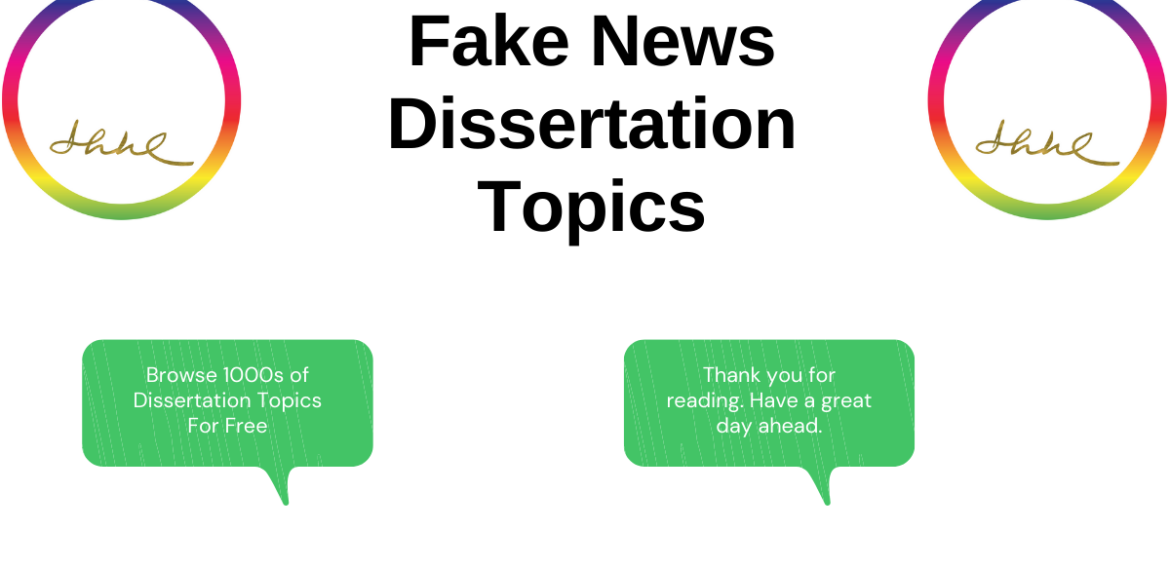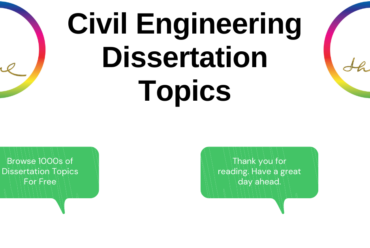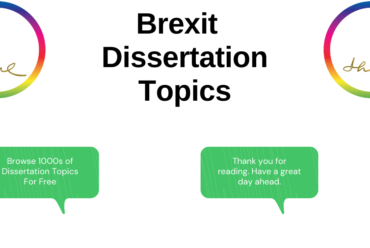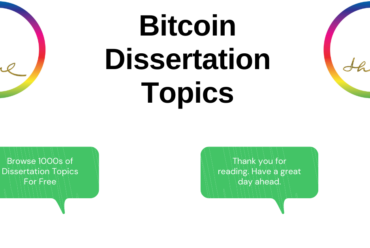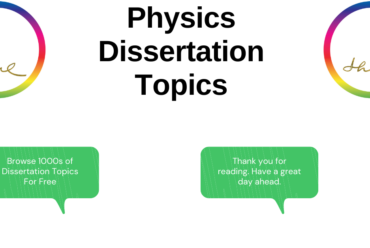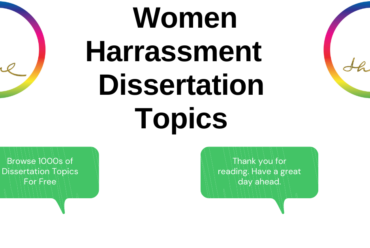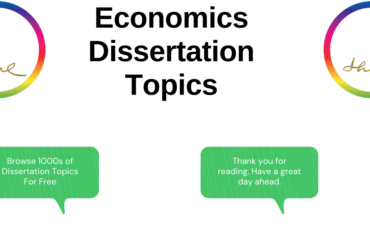Fake News Dissertation Topics
Disinformation and the dissemination of hoaxes are two types of fake news that are used to smear someone’s reputation for political or financial advantage through the dissemination of propaganda or yellow journalism. Fake news is disseminated in order to increase reading and so satisfy advertisers. Thanks for browsing fake news dissertation topics below!
Editingarsenal has compiled a list of some of the most popular and common dissertation topics from a variety of academic disciplines, so you can pick and choose what to write about. If you need dissertation editing assistance , don’t hesitate to contact one of our qualified and experienced editors and proofreaders.
Possible Topics
- An Examination of the Fake News-Social Media Relationship’s Dynamics
- False news has risen in popularity in the age of social media because it now has a new distribution route, with social media sites being utilised to buttress fake news claims. Notably, it has been observed that fake news can have a beneficial or bad effect on social media, which warrants greater research. A. Chadwick, Second Edition of The Hybrid Media System: Politics and Power, Oxford: Oxford University Press, 2017.
- Is Fake News Contributing to the Rise of Islamic Extremism?
- The internet and social media have been widely regarded as important in recruiting young people to Islamic extremist causes and organisations such as ISIS. Additionally, it has been revealed that fake news might contribute to this recruitment process by disseminating extremist ideologies. As such, this project will investigate the ways in which fake news might be utilised to legitimise political and religious extremism. Youth and Violent Extremism on Social Media: Mapping the Research, Paris: UNESCO, 2017. S. Alava, D. Frau-Meigs, and G. Hassan, Youth and Violent Extremism on Social Media: Mapping the Research, Paris: UNESCO, 2017.
- The Evolution and Development of Fake News from the Nineteenth Century to the Present
- This article’s objective is to demonstrate that fake news is not a recent phenomena. Indeed, throughout history, media outlets have exploited it to mould public attitudes. In the nineteenth century, fake news received extensive distribution through print media, most notably during the Great Moon Hoax of 1835 and when yellow journalism publishers drove the United States into the Spanish-American War. As such, this research will examine the evolution of what we now regard to as fake news throughout history. J. Soll, ‘Fake News: A Long and Brutal History,’ Politico Magazine, December 2016, https://www.politico.com/magazine/story/2016/12/fake-news-a-long-and-violent-214535. (12 January 2018) (Accessed 12 January 2018)
- How is the Public Perceived of Fake News?
- This dissertation will investigate how the public reacts to bogus news. It has been demonstrated that fake news has a considerable impact on public opinion, particularly during national elections. The fact that the public is more likely than not to have viewed false news reports about the 2016 presidential election is noteworthy. Thus, in the future, when cracking down on fake news, public leaders must take these facts into account. FakeNews: Public Policy Responses: Media Policy Brief 20, London: Media Policy Project, London School of Economics and Political Science, 2017. D. Tambini, FakeNews: Public Policy Responses: Media Policy Brief 20, London: Media Policy Project, London School of Economics and Political Science, 2017.
- The Relationship Between Fake News and Chinese Internet Censorship: A Case Study
- The objective: Fake news travelled to China during the 2016 US presidential election. Chinese officials utilised this bogus news to justify tightening the country’s internet control. Additionally, it has urged Chinese citizens to report websites they believe are responsible for reporting or spreading fake news. While internet censorship has always existed in China, one might argue that fake news gives the Chinese government a justification to maintain and extend internet restriction. ‘”The Corpses were Emotionally Stable”: Agency and Passivity on the Chinese Internet,’ in P. Marolt and D.K. Herold (eds. ), China Online: Locating Society in Online Spaces, Routledge, Abingdon.
- Is Fake News a Threat to Democracy?
- Given the importance of fake news in advancing the goals of certain political candidates and vilifying others through the broadcast of false information about them, one may argue that when fake news is utilised for political benefit, it undermines core democratic ideals. However, one could argue that taking efforts to reduce this threat undermines the democratic value of free expression. Thus, one may claim that fake news undermines democracy by allowing politicians to win elections on the basis of misleading information or by undermining the democratic tenet of free speech. Billionaire Democracy: The American Political System’s Takeover, G.R. Tyler (2018), Dallas: BenBella Books Inc.
- Did Fake News Contribute to Donald Trump’s 2016 Election Victory?
- The goal of this study was to ascertain whether fake news published in the United States during the 2016 presidential election campaign favoured Donald Trump, the country’s current president. As a result, the purpose of this study is to determine how and to what extent Donald Trump used false news to win the 2016 presidential election. H. Allcott and M. Gentzkow used social media and fake news to affect the outcome of the 2016 election.
- A Correlation Analysis of Fake News and Advertising Revenue
- Fake news can be used to bolster advertising efforts’ credibility. As a result, it provides a venue for advertising efforts promoting “alternative facts.” Google and Facebook have both banned false advertising in recent years in response to public outrage. As a result, it is critical to investigate the relationship between advertising and fake news. Electronic Commerce 2018: A Managerial and Social Networks Perspective (9th ed. ), Springer-Verlag, New York; Turban, E.; Outland; King; Lee, J.K.; Turban, D.C.

